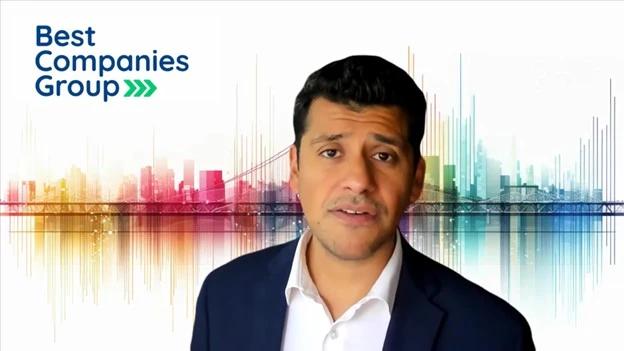
 Monroe Miller Monroe Miller |
When I retired from golf course management on Dec. 12, 2008, I felt a huge sense of relief. It was sort of a “wow, I made it” kind of emotion. I was 62 at the time, and I have since learned that many newly retired sconpeople experience the same feeling. I had no notion of a part-time job, although some volunteer time at our course was on my mind. Colleagues in the Wisin turf industry asked me to work part-time as an ambassador for the Wisconsin Turfgrass Association, so I decided to give it a try. I am still at my second career. My first mission was to get former members to re-up. More times than I care to remember, I was confronted by circumstances like “no more optional spending” or “no more memberships.” Sometimes dues came from travel budgets, and travel/education budgets were often slashed. I could handle those circumstances and still present my case. Worse were cases when the superintendent would tell me something like, “I was paid late a couple of times and almost missed house payments,” or “I wasn’t paid all winter.” Sometimes veterans were released and replaced by a person clearly making a lower salary. However, it is a great job, traveling my home state, working to gin up support for the turfgrass program at our land grant university when discretionary spending has been under stress. The downside has been that I have seen this heartbreak and collateral damage. It’s been depressing to see severe cuts, position downgrades (full-time to part-time), vehicles taken away, retirement plans cancelled and staff reductions. I have always had such lofty and idealistic notions about our profession. It was a great career for my 40 years of involvement. But we are no different than bankers, builders, businessmen, farmers and other professions – when the economy tanks, so do jobs. Windshield time can be thinking time, and what I thought about quite often as I drove down the road is the notion that we all should have a career Plan B. It would ease the pain in tough times when the job market is tight and our savings are low, leaving people with no or too few good options. Jobs end, but expenses don’t. Severance packages can be stingy, unemployment runs out and stress is unavoidable. A well thought out, plausible path to follow could alleviate the fear people have of losing their employment. Golf course superintendents have many job skills that can be applied to a wide range of careers. Many who have left the golf course have migrated to sales. And that is a good choice. They have instant credibility with customers. Think about the colleagues you know who have made the change from course management to something else. I know a former superintendent whose Plan B led him to the presidency of a major Midwest nursery. Others have moved to the management of a turfgrass ARS at a land grant college. I know former superintendents who became golf course construction managers. Some of the most prosperous have swept up lawn care franchises and managed them into successful businesses. Don Hearn and Jack MacKenzie are doing great work as GCSAA chapter managers. Another has his own aerifying company; still another did that with a fertilizer application business. I even know a former superintendent who became a college professor (likely you know him, too). A colleague of mine left for law school, and a past GCSAA president has been a practicing attorney for years. A friend started growing hops, not a bad Plan B as his enterprise grows. A former employee of mine left for a lucrative position in landscape management because he was sick of working weekends. He had a viable Plan B. A former superintendent runs our UWEX Turfgrass Diagnostic Lab. The examples of potential Plan Bs are practically endless. Considering a Plan B is not disloyal, blasphemous or disrespectful of our profession. Sometimes survival depends on a change, and I contend that at least thinking about it and even planning for it would be a good thing to do. Keeping a current resume, networking and even enrolling in an online course can be part of your Plan B. You cannot count on the good luck that came my way – it may never come. If you are backed into a corner, the stress and anxiety will be a lot lower if you can have a Plan B for your family and your career. |

Explore the August 2014 Issue
Check out more from this issue and find your next story to read.
Latest from Golf Course Industry
- Heritage Golf Group acquires North Carolina courses
- Editor’s notebook: Green Start Academy 2024
- USGA focuses on inclusion, sustainability in 2024
- Greens with Envy 65: Carolina on our mind
- Five Iron Golf expands into Minnesota
- Global sports group 54 invests in Turfgrass
- Hawaii's Mauna Kea Golf Course announces reopening
- Georgia GCSA honors superintendent of the year





